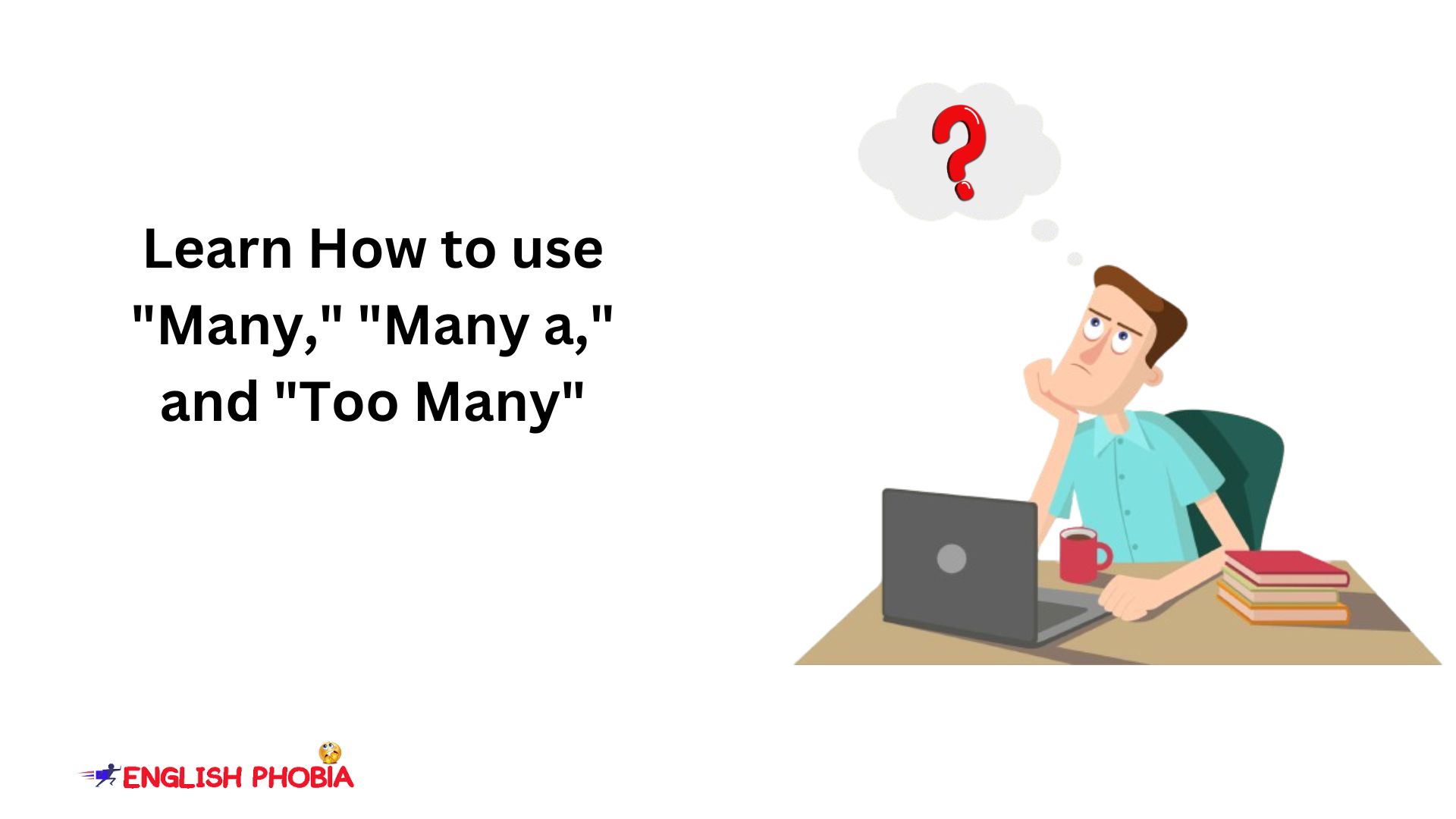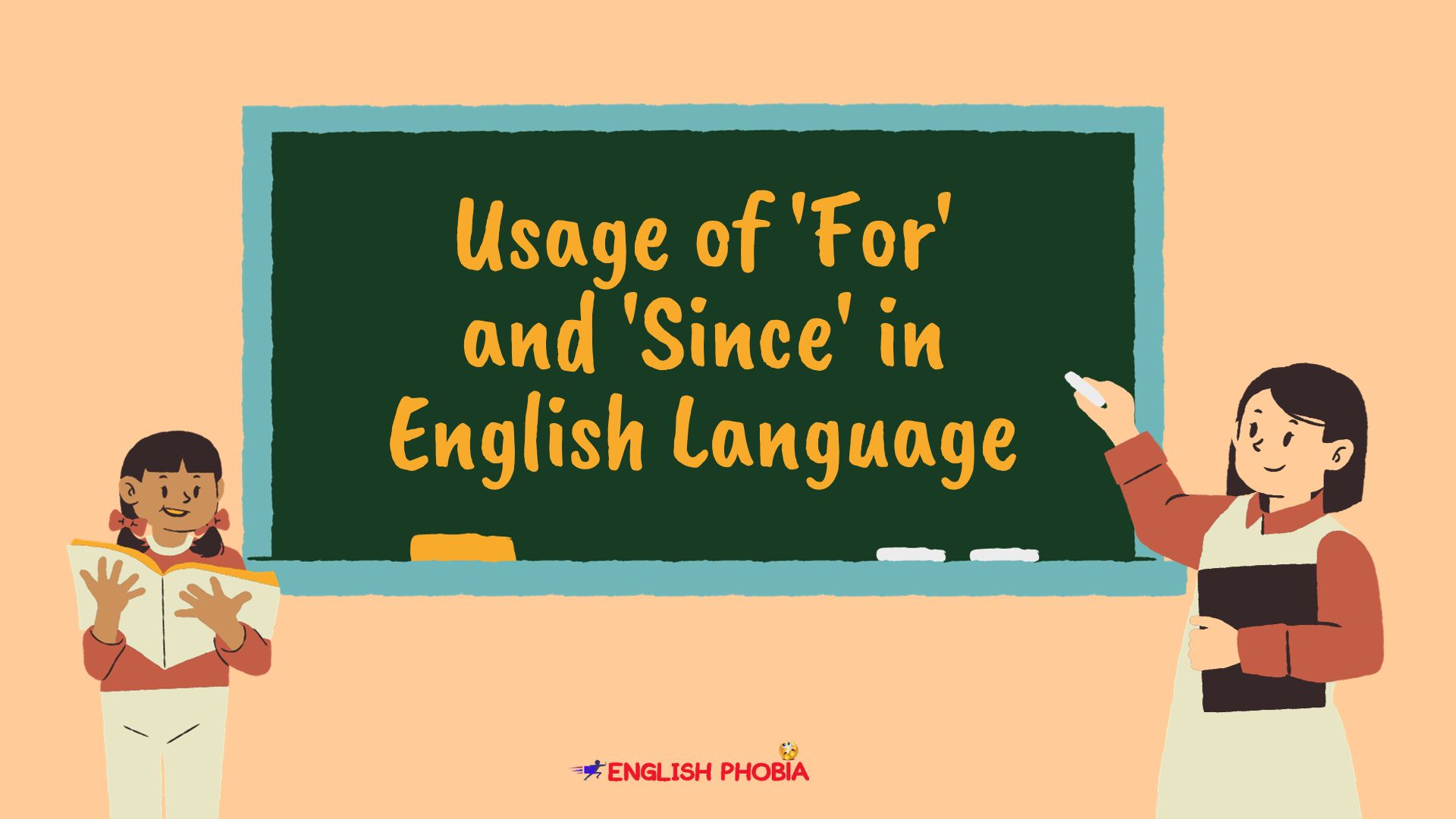Have you ever read a paragraph and felt like something was missing? Chances are, you read a sentence fragment. Understanding what sentence fragments are and how to avoid them is important.
In this article, we will explore the concept of what are sentence fragments, examples, and their usage.
What is a fragment in English?
A sentence fragment is a group of words that looks like a sentence, but it is incomplete. It does not have a subject, a predicate, or both. Essentially, a sentence fragment does not express a complete thought.
It is like a puzzle piece with some missing parts. It is important to have a complete sentence because it helps others understand you.
For example,
Kundan loves playing soccer. (Complete sentence)
It is a complete sentence because it has a subject (Kundan) and a verb (loves), and it shows a complete thought.
Playing soccer. (Fragment)
It is a fragment as it has no subject with it.
This fragment does not have a subject but a verb. It is like having a puzzle piece with a picture of a soccer ball, but without the rest of the puzzle.
Sentence Fragment Examples,
1) After the rain stopped.
This fragment does not have a subject. Who or what stopped after the rain?
2) Running in the park on a rainy day.
This fragment is missing a predicate. What is happening when someone is running through the park?
3) Although he tried his best.
This fragment has both a subject and a predicate, but it does not express a complete thought. What did he try his best to do?
Common Causes of Sentence Fragments:
1) Subordinate Clauses: When a sentence starts with a subordinate clause, it is a fragment if there is no main clause.
For example,
Although she was tired. (Fragment)
Although she was tired, she finished the race. (Complete sentence)
2) Participial Phrases: A sentence can become a fragment if it starts with a present participle (ending with “Ing”).
For example,
Walking to the store. (Fragment)
While walking to the store, she saw her friend. (Complete sentence)
3) Dependent Word Fragments: Using words like “because,” “since,” or “although” can lead to fragments if they aren’t followed by a complete clause.
For example,
Because of the rain. (Fragment)
Because of the rain, they decided to stay indoors. (Complete sentence)
Be aware of these common causes. You can better identify and correct sentence fragments in your writing.
How to Fix a Sentence Fragment

1) Add Missing Elements:
Identify whether the fragment
is missing a subject, a predicate, or both, and then use the necessary
elements. Let’s look at the example of fragment and sentence with
it.
For example,
After the rain stopped. (Fragment)
After the rain stopped, we
went for a walk. (Complete
sentence)
2) Combine Fragments:
If you have two or more
sentence fragments, try to create a complete sentence.
For example,
Running through the park on a
sunny day. Enjoying the fresh air. (Fragment)
Running through the park on a
sunny day, we were enjoying the fresh air. (Complete sentence)
3) Use Coordination:
Combine sentence fragments
using coordinating
conjunctions like
“and,” “but,” “or,” etc.
For example,
She loves hiking. Especially
in the mountains. (Fragment)
She loves hiking, especially
in the mountains. (Complete
sentence)
Why use sentence fragments?
We generally consider sentence fragments grammatically incorrect. Yet some skilled writers use them for stylistic purposes. They use it in creative writing or to convey a specific tone.
For example,
Silence. Darkness. Complete
serenity.
In this example, the sentence
fragments show dramatic effect. It emphasizes the sense of calm and stillness.
Conclusion:
Understanding sentence
fragments in English is important for clear and effective
communication. Finding causes and learning how to correct them, increases
readability. Remember that we generally avoid sentence fragments in formal
writing. Some skillful writers use it for creative or stylistic purposes. With
practice, you will become good at making sentences with clarity.











